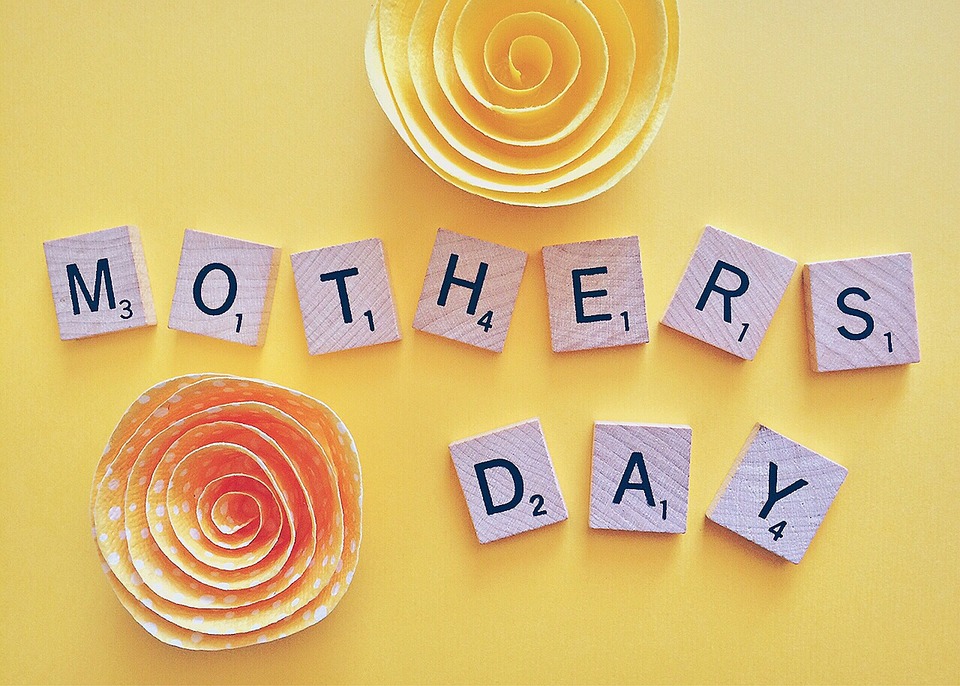Motherhood as a Theme in Modern Literature
Motherhood has long been a central theme in literature, often portrayed through the lens of sacrifice, nurturing, and love. In modern literature, writers continue to explore the complexities of motherhood, delving into the challenges, joys, and complexities that come with being a mother. Through various genres and styles, authors capture the essence of motherhood in all its forms, painting a nuanced and authentic picture of the maternal experience.
Exploring the Joys and Struggles of Motherhood
In contemporary literature, motherhood is depicted in all its complexity – from the tender moments of bonding between mother and child to the raw emotions of frustration and exhaustion. Writers like Celeste Ng, whose novel “Little Fires Everywhere” explores themes of motherhood, identity, and belonging, offer a deep and nuanced portrayal of the joys and struggles that come with raising children.
Through the character of Mia Warren, a single mother struggling to provide for her daughter, Ng delves into the sacrifices and challenges that many mothers face in their pursuit of creating a better life for their children. The novel also examines the complexities of adoption, surrogacy, and family dynamics, highlighting the various ways in which motherhood can manifest in modern society.
Redefining Motherhood in the 21st Century
In recent years, there has been a shift in how motherhood is portrayed in literature, with writers challenging traditional stereotypes and redefining what it means to be a mother in the 21st century. Authors like Chimamanda Ngozi Adichie, whose novel “Americanah” explores themes of motherhood, race, and identity, offer a fresh perspective on the maternal experience.
Through the character of Ifemelu, a Nigerian woman navigating the complexities of motherhood and immigration in America, Adichie unpacks the challenges and triumphs that come with raising children in a foreign land. The novel also tackles issues of race and class, shedding light on the unique struggles that women of color face in their journey towards motherhood.
Exploring the Bond Between Mother and Child
Many contemporary writers explore the powerful bond between mother and child, capturing the essence of love, protection, and sacrifice that defines the maternal experience. Authors like Jodi Picoult, whose novel “My Sister’s Keeper” explores themes of motherhood, illness, and family dynamics, offer a poignant portrayal of the deep connection between mothers and their children.
Through the character of Sara Fitzgerald, a mother struggling to save her daughter’s life, Picoult delves into the complexities of motherhood and the lengths that a mother will go to protect her child. The novel also raises ethical questions about medical intervention and parental rights, challenging readers to reconsider their beliefs about what it means to be a mother.
Challenging Expectations and Stereotypes
In modern literature, authors challenge traditional expectations and stereotypes surrounding motherhood, offering a more nuanced and authentic portrayal of the maternal experience. Writers like Toni Morrison, whose novel “Beloved” explores themes of motherhood, trauma, and survival, offer a powerful and unflinching look at the impact of slavery on the lives of women and children.
Through the character of Sethe, a former slave haunted by the ghost of her deceased daughter, Morrison delves into the complexities of motherhood in the aftermath of trauma and oppression. The novel also examines the bonds of love and resilience that connect mothers and daughters across generations, highlighting the enduring strength and courage of women in the face of adversity.
In conclusion, motherhood continues to be a central theme in modern literature, with writers exploring the complexities, joys, and struggles that come with raising children. Through various genres and styles, authors capture the essence of motherhood in all its forms, painting a nuanced and authentic picture of the maternal experience. As society evolves and expectations change, literature offers a space for reflection and dialogue on what it means to be a mother in the 21st century.
